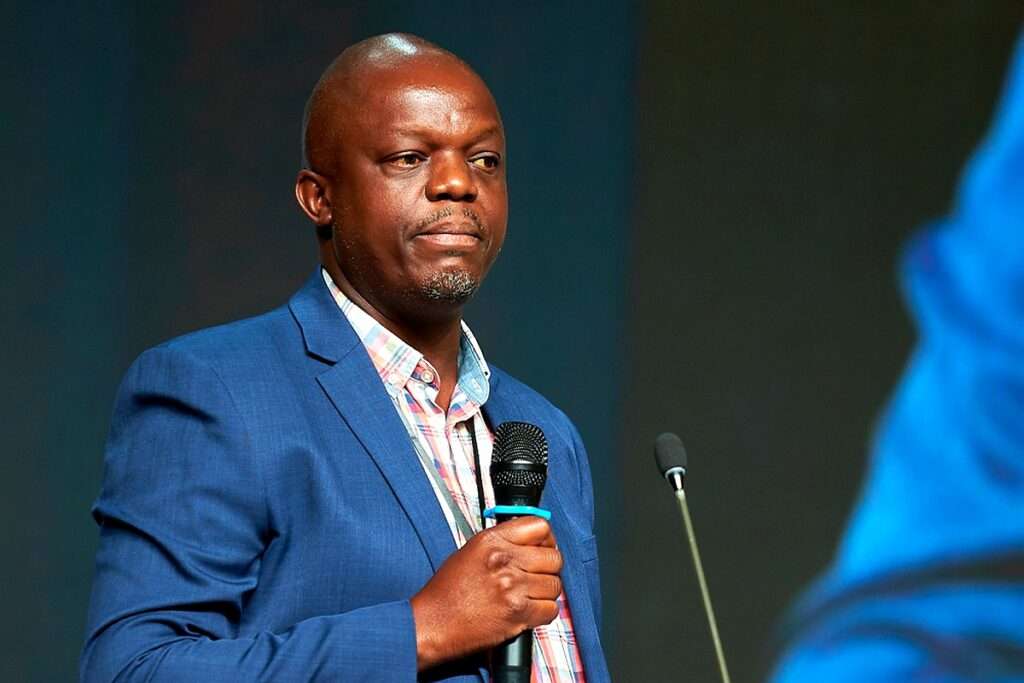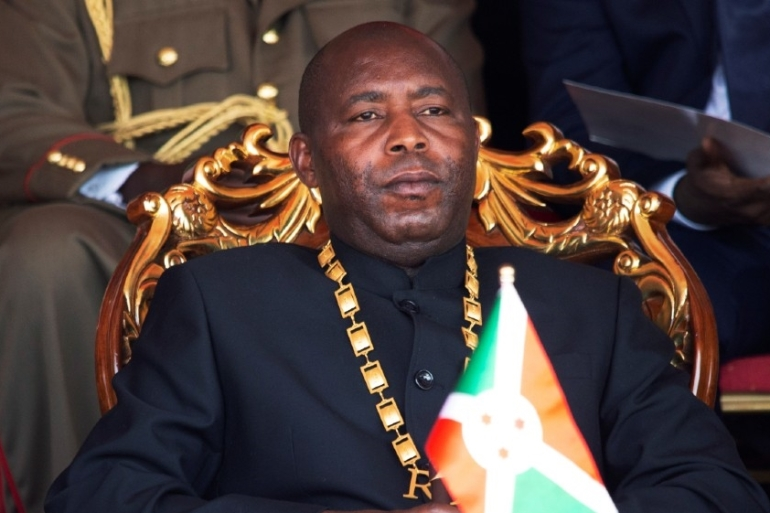Burundi’s President Evariste Ndayishimiye, once seen as a potential reformer, is now accused of perpetuating a “wave of repression” nearly four years into his rule, according to Amnesty International.
When Ndayishimiye assumed power in June 2020 following the sudden death of former President Pierre Nkurunziza, many hoped his leadership would usher in a new era for the East African nation. However, Amnesty’s latest report on Wednesday, August 21 suggests that these hopes have been largely unfulfilled.
The report highlights the worrying state of human rights in Burundi, where activists, journalists, and opposition members continue to face threats, harassment, arbitrary detention, and unjust prosecutions.
The situation has led to growing concerns that Ndayishimiye’s government, despite initial promises, is failing to break from the oppressive tactics of the past.
Ndayishimiye came to power at a time when Burundi was emerging from years of international isolation under Nkurunziza’s rule.
Nkurunziza’s controversial bid for a third term in 2015 sparked widespread protests and a failed coup attempt, resulting in the deaths of at least 1,200 people and forcing around 400,000 to flee the country.
The turmoil left Burundi economically crippled and diplomatically isolated, with the international community cutting ties and halting financial aid.
Hopes for Reform Fade Amid Repression
In the early months of Ndayishimiye’s presidency, there were signs of a potential shift. He released several political prisoners, including prominent human rights activists and journalists, raising hopes that his administration would loosen the tight grip on civil society and the media.
These gestures were welcomed by international observers, with the European Union and the United States resuming financial aid to Burundi, citing a “new window of hope.”
However, Amnesty International’s regional director for East and Southern Africa, Tigere Chagutah, expressed deep disappointment over the continued repression.

“The ongoing wave of repression has dashed hopes of a meaningful change in approach by the government towards civil society and of opening up space for discussion of pressing human rights issues in the country,” Chagutah said.
The Burundian government, for its part, has dismissed the report, with government spokesman Jerome Niyonzima asking for a list of “those oppressed” rather than addressing Amnesty’s concerns directly.
The case of Floriane Irangabiye, a journalist sentenced to 10 years in prison in 2023 for allegedly “undermining the integrity of the national territory,” highlights the government’s continued crackdown on dissent.
Although Irangabiye was unexpectedly released last week after two years in detention, her imprisonment remains emblematic of the challenges faced by those who speak out against the regime.
In addition to Irangabiye’s case, Amnesty’s report also pointed to the February 2023 arrest of five rights activists, who were charged with rebellion and undermining state security. While two were acquitted in April, the remaining three were handed suspended sentences and released.
The United Nations has also raised alarm over what it describes as an “increasing crackdown on critical voices” in Burundi, further heightening concerns ahead of the 2025 parliamentary elections.
Amnesty International is urging Ndayishimiye to take immediate steps to halt the repression and ensure that civil society can operate freely.
The organization also called on the EU and other international partners to remain vigilant in monitoring Burundi’s human rights situation, warning against complacency despite initial signs of progress.
READ ALSO: Election 2024: Dr. Serebour Addresses Concerns on the Voter Exhibition and Turnout



















